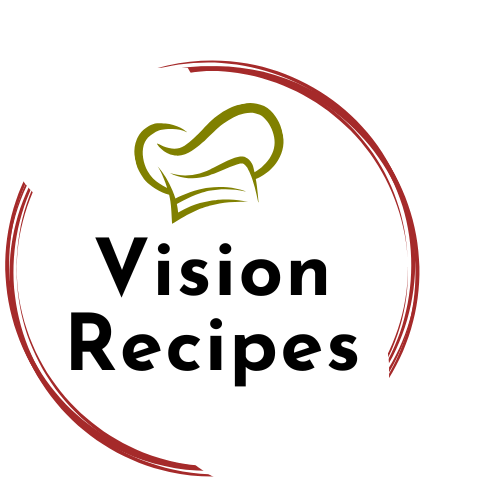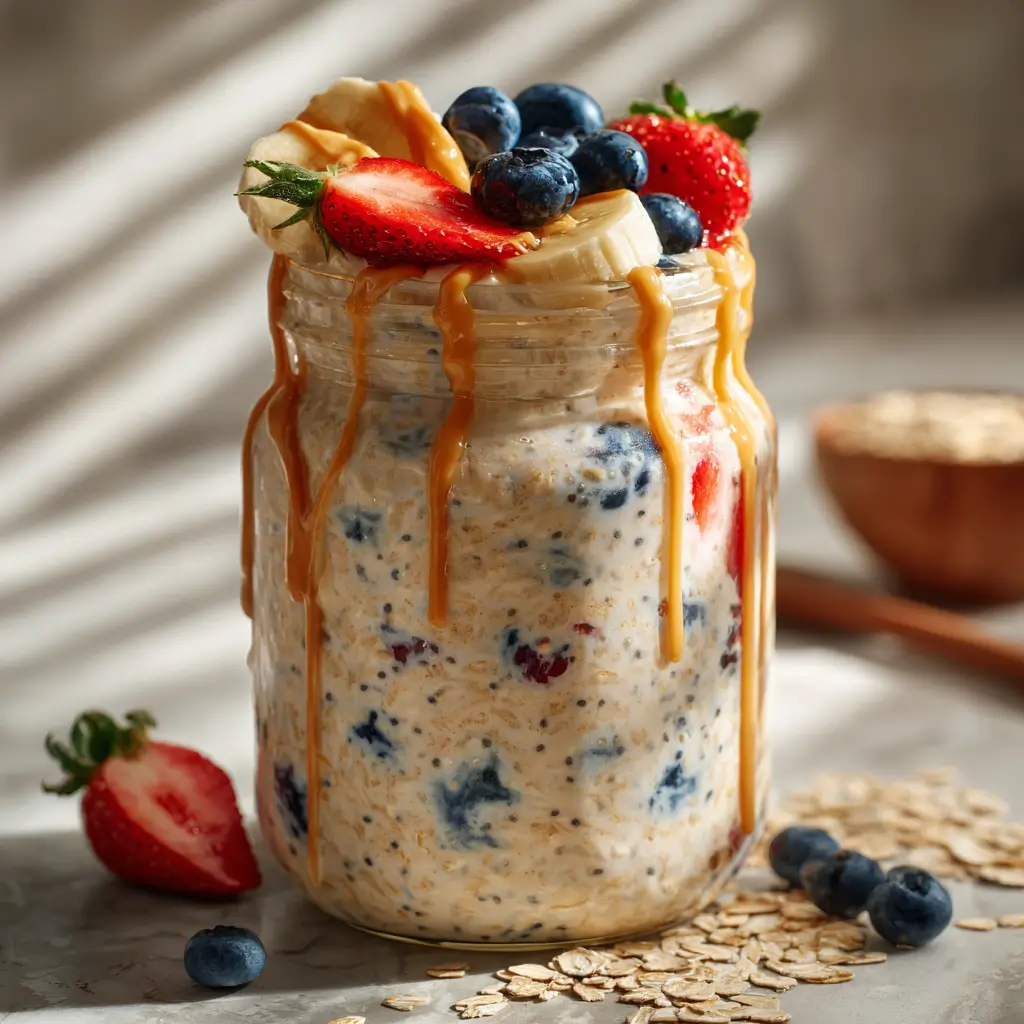
Protein Overnight Oats have become a cornerstone of convenient, healthy meal prep, offering a perfect solution for busy mornings. This simple yet powerful breakfast combines the sustained energy of complex carbohydrates with the muscle-building and satiety-promoting benefits of protein. Whether you’re an athlete, on a weight loss journey, or simply seeking a more nutritious start to your day, preparing a batch of high-protein oats the night before can streamline your routine. This comprehensive guide will explore various ways to create delicious, protein-packed overnight oats, addressing everything from plant-based options to storage tips and nutritional facts.
Table of Contents
High Protein Vegan Overnight Oats
For those following a plant-based diet, high protein vegan overnight oats prove that you don’t need dairy or whey to fuel your body. This version relies on powerful plant-based ingredients to deliver a complete nutritional profile. Key components often include plant-based milk (such as soy or pea milk, which are naturally higher in protein), chia seeds, hemp hearts, and a sprinkle of nuts or seeds. These ingredients not only contribute to a rich protein count but also add healthy fats and fiber for a truly satisfying meal.
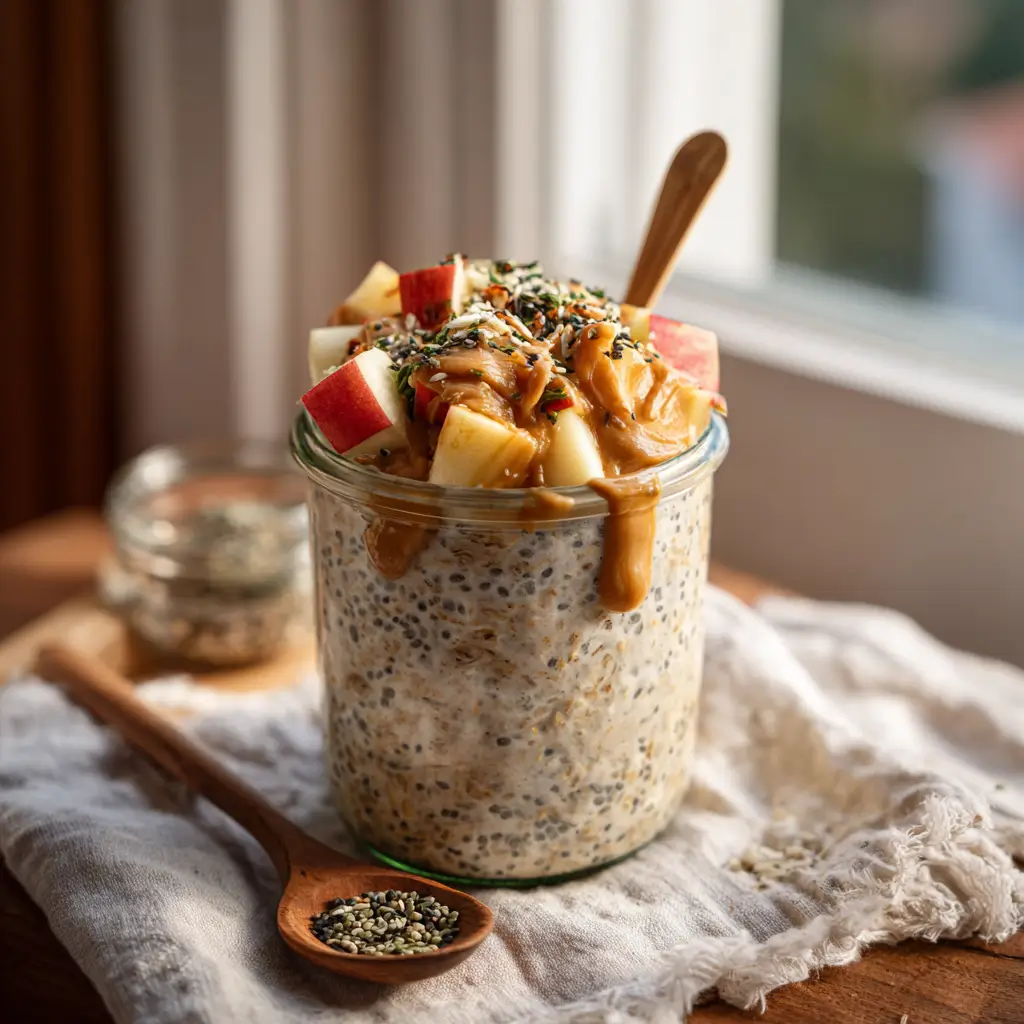
- Internal Link: For a detailed recipe and more tips, visit our guide at High Protein Vegan Overnight Oats.
- Trusted External Source: To find out more about the benefits of plant-based protein sources, The Vegetarian Resource Group offers extensive information on the nutritional content of various vegan foods.
Protein Overnight Oats Without Protein Powder
You can easily boost the protein content of your breakfast without relying on supplements. Protein overnight oats without protein powder are made by focusing on whole food ingredients. By using staples like Greek yogurt (for non-vegans), a generous dollop of peanut or almond butter, and nutrient-dense seeds like chia, flax, or hemp, you can achieve a satisfyingly high protein meal. This approach ensures your breakfast is packed with a wide range of vitamins, minerals, and healthy fats that protein powders often lack.
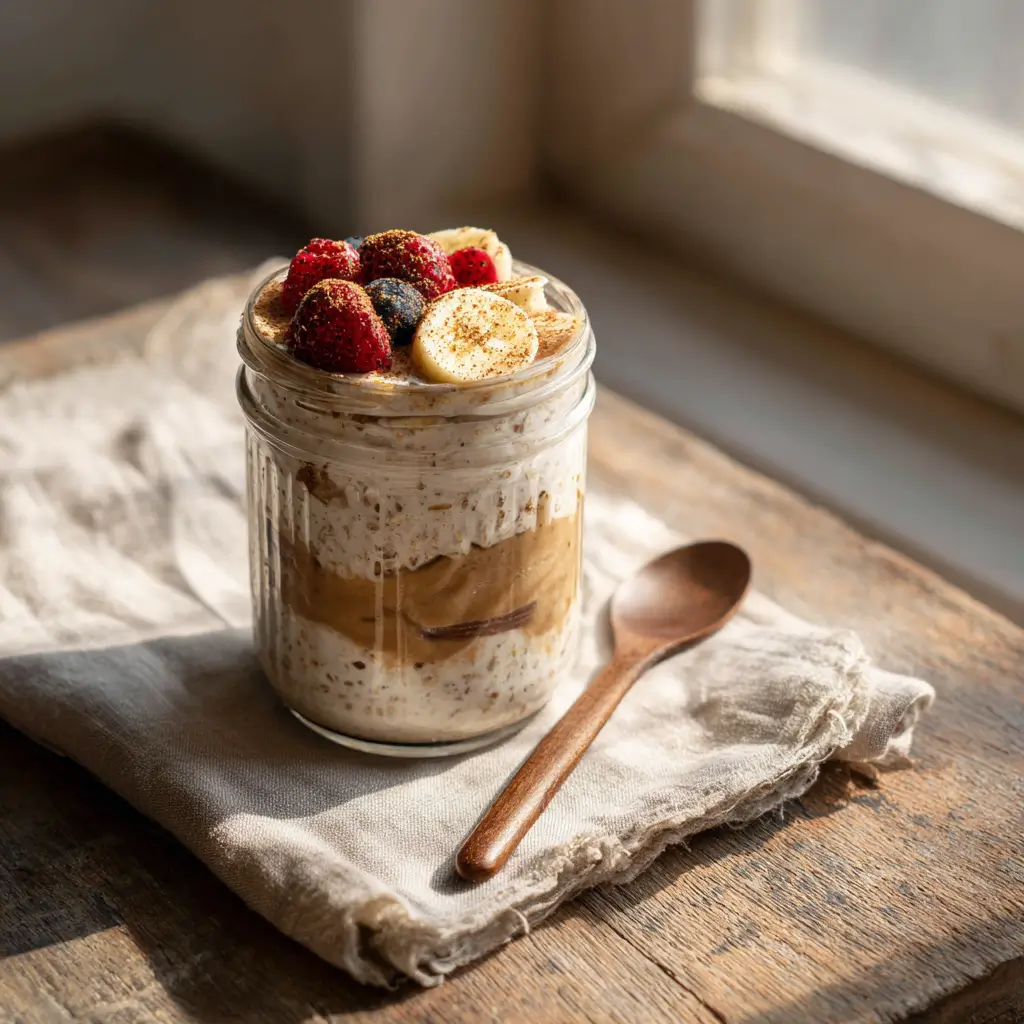
- Internal Link: Discover how to make your oats high in protein using natural ingredients by reading our article at Protein Overnight Oats Without Protein Powder.
- Trusted External Source: For more ideas on how to naturally increase protein in your meals, the Academy of Nutrition and Dietetics provides trusted guidance on whole-food nutrition.
Greek Yogurt Overnight Oats
Adding Greek yogurt to your recipe is one of the most effective ways to create creamy, flavorful, and incredibly high-protein overnight oats. Greek yogurt overnight oats leverage the high protein and low sugar content of this popular dairy product. The fermentation process in yogurt also introduces beneficial probiotics, which support a healthy gut microbiome. The result is a breakfast that is not only packed with protein but also exceptionally rich and thick, almost like a pudding.
- Internal Link: Explore the versatility of this breakfast option in our guide at Greek Yogurt Overnight Oats.
- Trusted External Source: For a deeper understanding of the health benefits of Greek yogurt and probiotics, trusted sources like the Mayo Clinic provide expert medical insights.
High Protein Overnight Oats for Weight Loss
For those focused on shedding pounds, high protein overnight oats for weight loss can be a strategic part of a balanced diet. The combination of protein and fiber works synergistically to promote a feeling of fullness, reducing the urge to snack between meals. This helps you maintain a calorie deficit more easily. The steady release of energy from the oats and the satiating effect of the protein can prevent the blood sugar spikes and crashes that often lead to cravings.
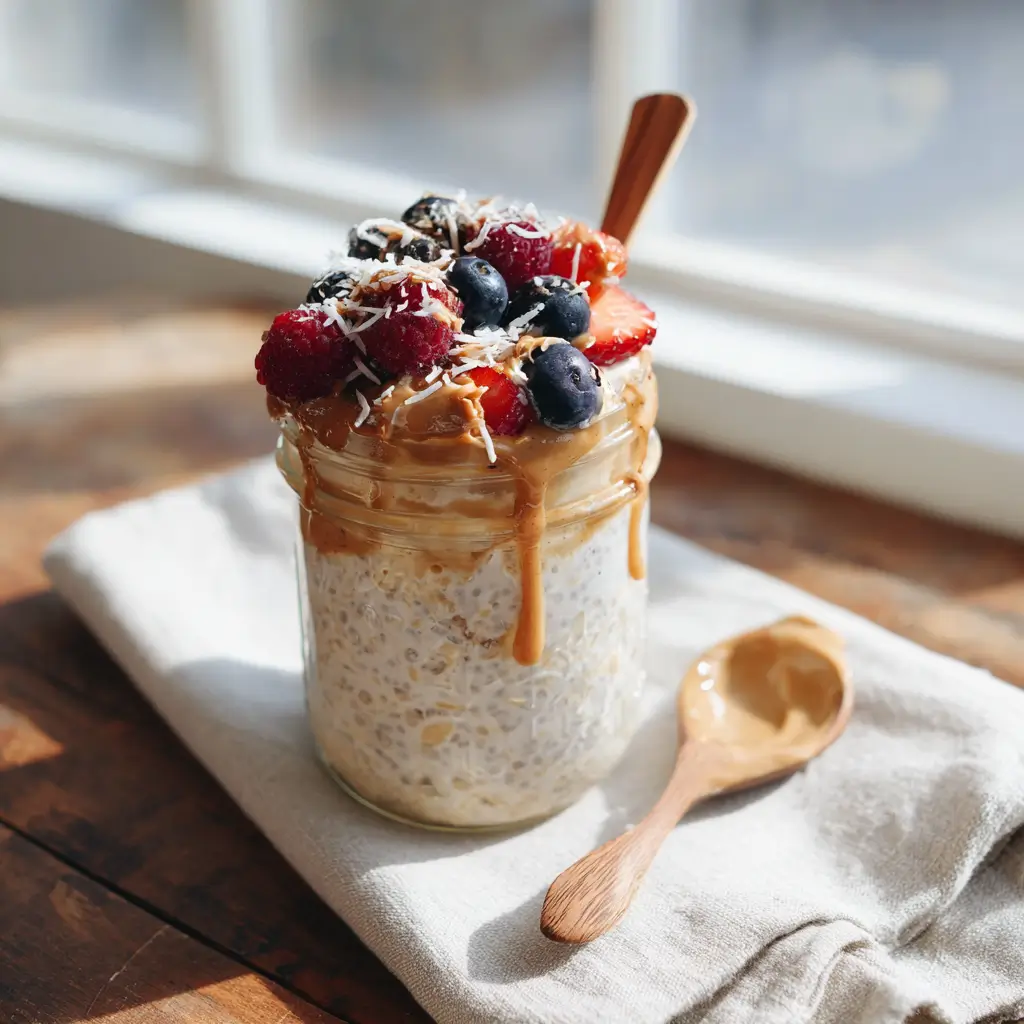
- Internal Link: Find out more about how to use this breakfast as part of a weight loss journey by visiting our page at High Protein Overnight Oats for Weight Loss.
- Trusted External Source: For expert advice on how high-protein breakfasts can assist with weight management, consult health platforms like Healthline, which offer research-backed articles.
Overnight Oats Refrigerated
The convenience of overnight oats is directly linked to proper storage. Storing overnight oats refrigerated is not just a matter of keeping them cool; it’s the core process that transforms the oats. Refrigeration allows the oats to absorb the liquid and soften into their signature creamy texture. This cold-soaking method is what makes them edible without cooking. To ensure food safety, the oats should be kept in an airtight container in a refrigerator maintained below 40°F (4°C).
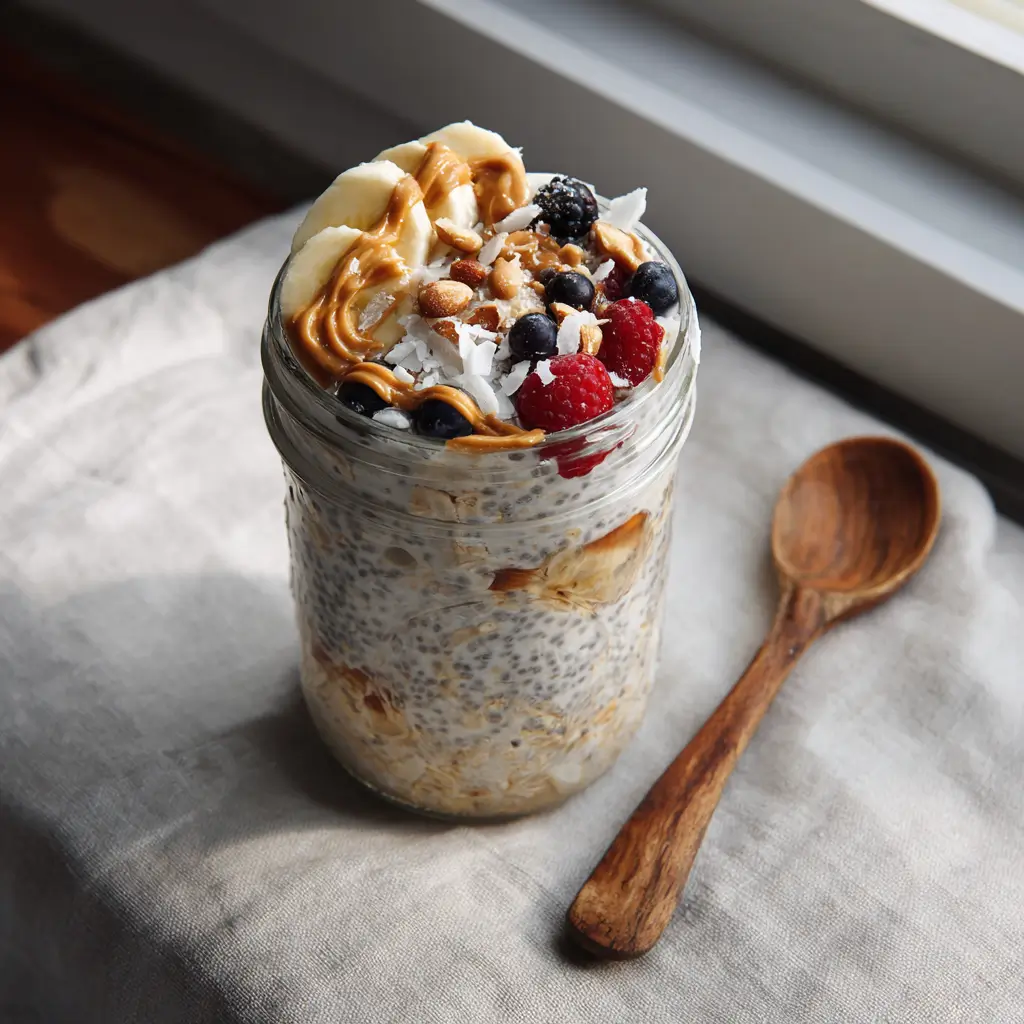
- Internal Link: Get the best tips for storage and meal prep by reading our article on Overnight Oats Refrigerated.
- Trusted External Source: For specific food safety guidelines on perishable foods, the FDA (U.S. Food and Drug Administration) provides reliable information on safe food handling and storage.
Do Overnight Oats Need to Be Refrigerated?
The answer is a definitive yes. Do overnight oats need to be refrigerated? Absolutely. Overnight oats contain perishable ingredients like milk (dairy or plant-based), yogurt, and fresh fruit, all of which are susceptible to bacterial growth when left at room temperature. The process of making overnight oats involves soaking them in these liquids, creating a moist environment that is a perfect breeding ground for bacteria if not kept cold. Refrigeration is a non-negotiable step to prevent spoilage and ensure the oats are safe to consume.
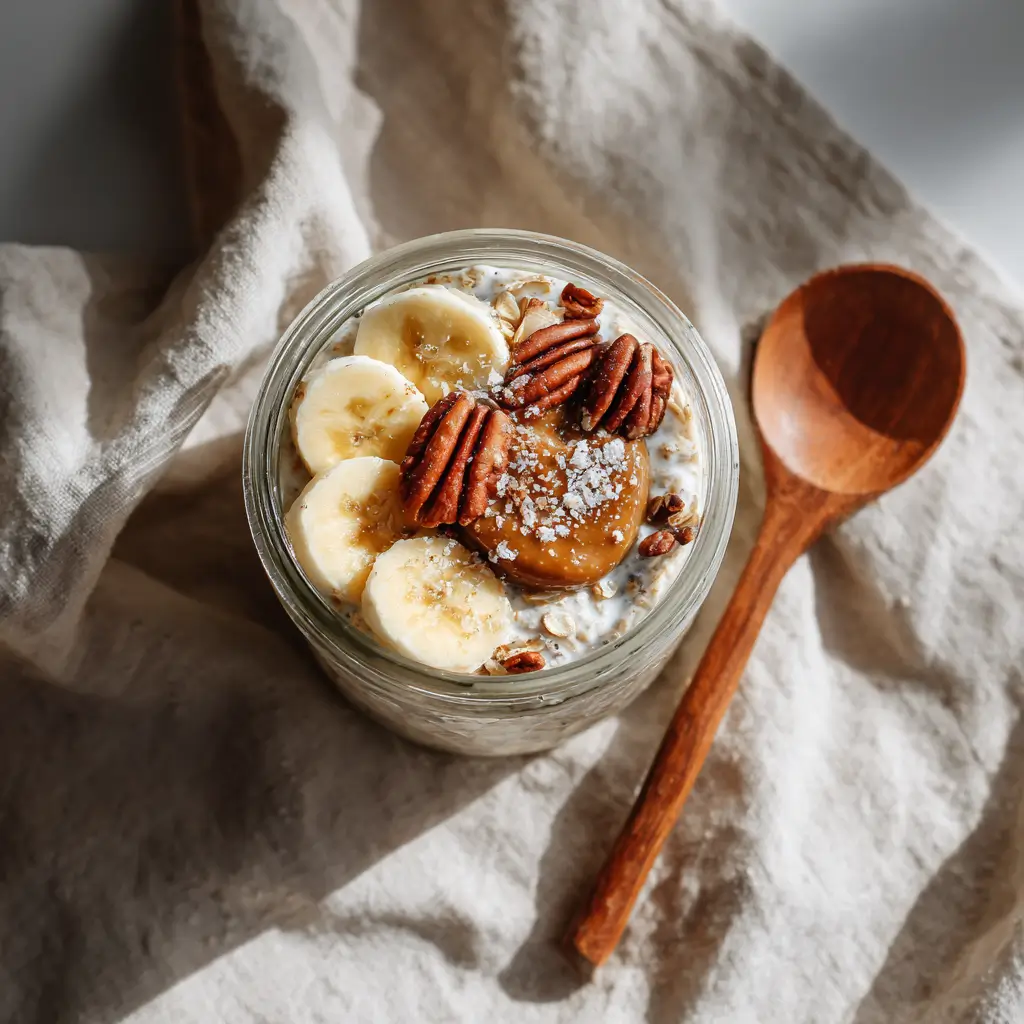
- Internal Link: Understand the food safety risks and best practices in our dedicated post at Do Overnight Oats Need to Be Refrigerated?.
- Trusted External Source: For comprehensive information on safe food storage and temperature control, sources from university extension programs, like the one at the University of Minnesota, are highly reliable.
How Much Protein Is in Overnight Oats?
The protein content in overnight oats is highly variable and depends entirely on the ingredients you choose. While a standard half-cup of dry rolled oats contains about 5 grams of protein, the final total can be much higher. By adding ingredients like a scoop of protein powder, a half-cup of Greek yogurt, or a tablespoon of peanut butter and chia seeds, you can easily boost the protein content to 20, 30, or even 40 grams per serving. This flexibility allows you to customize the macros to fit your specific dietary goals.
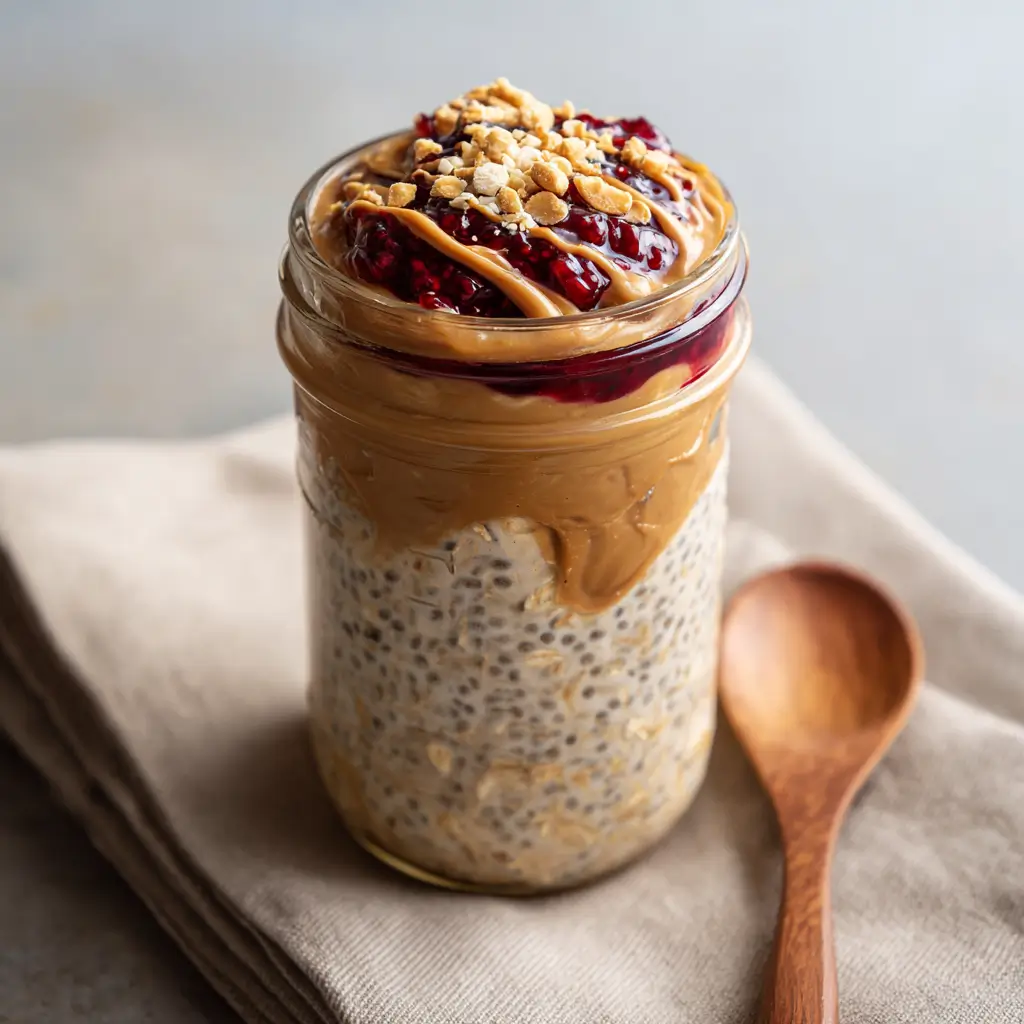
- Internal Link: For a detailed breakdown of protein content in different recipes, check out our guide at How Much Protein Is in Overnight Oats.
- Trusted External Source: For general nutritional data on common food items, the USDA’s FoodData Central database is a comprehensive and trustworthy resource.
FAQs About Protein Overnight Oats
Is it okay to put protein powder in overnight oats?
Yes, it is absolutely okay to put protein powder in overnight oats. In fact, it’s one of the easiest ways to increase your protein intake, especially for breakfast. Just mix your favorite protein powder (whey, plant-based, or collagen) into the oats before refrigerating. This allows the flavors and nutrients to blend overnight, creating a creamy, high-protein meal. Just be mindful of the powder’s flavor and texture to ensure it complements your other ingredients.
Is protein overnight oats healthy?
Protein overnight oats are very healthy, especially when made with nutrient-dense ingredients. They offer a balanced combination of complex carbs, fiber, and protein. By including ingredients like chia seeds, Greek yogurt, almond milk, or nut butters, you boost both the nutrition and satiety factor. This breakfast supports muscle repair, energy levels, and can help manage weight by keeping you full longer.
How to get 30g protein in oats?
To get 30 grams of protein in your overnight oats, combine multiple protein sources. For example:
1 scoop of protein powder (20g)
½ cup Greek yogurt (10g)
1 tablespoon chia seeds (2g)
1 tablespoon peanut butter (4g)
Mixing these into your overnight oats easily hits the 30g protein goal. You can also swap in cottage cheese, flaxseeds, or milk alternatives with added protein.
Is oats overnight just a protein shake?
Not quite. While overnight oats with protein may have a similar nutritional profile to a protein shake, they are more of a complete, whole-food meal. Overnight oats include fiber-rich oats, healthy fats, and customizable add-ins like berries, nuts, and seeds. Unlike a protein shake, which is typically a drink, protein overnight oats have a creamy, pudding-like texture that makes them more satisfying and filling.
Conclusion
Protein Overnight Oats are a testament to how simple food can be transformed into a powerful tool for health and convenience. By understanding the core principles—from choosing the right protein sources (both vegan and non-vegan) to ensuring proper refrigeration and food safety—you can consistently create a breakfast that supports your energy levels, satiety, and overall well-being. This versatile meal is an easy way to prioritize your health, one delicious, grab-and-go jar at a time.
Looking for more vegan overnight oat ideas? Discover great plant-based creations on our Pinterest board.
Check out real user recipes and photo reviews shared on our Facebook community atVision Recipes on Facebook.
